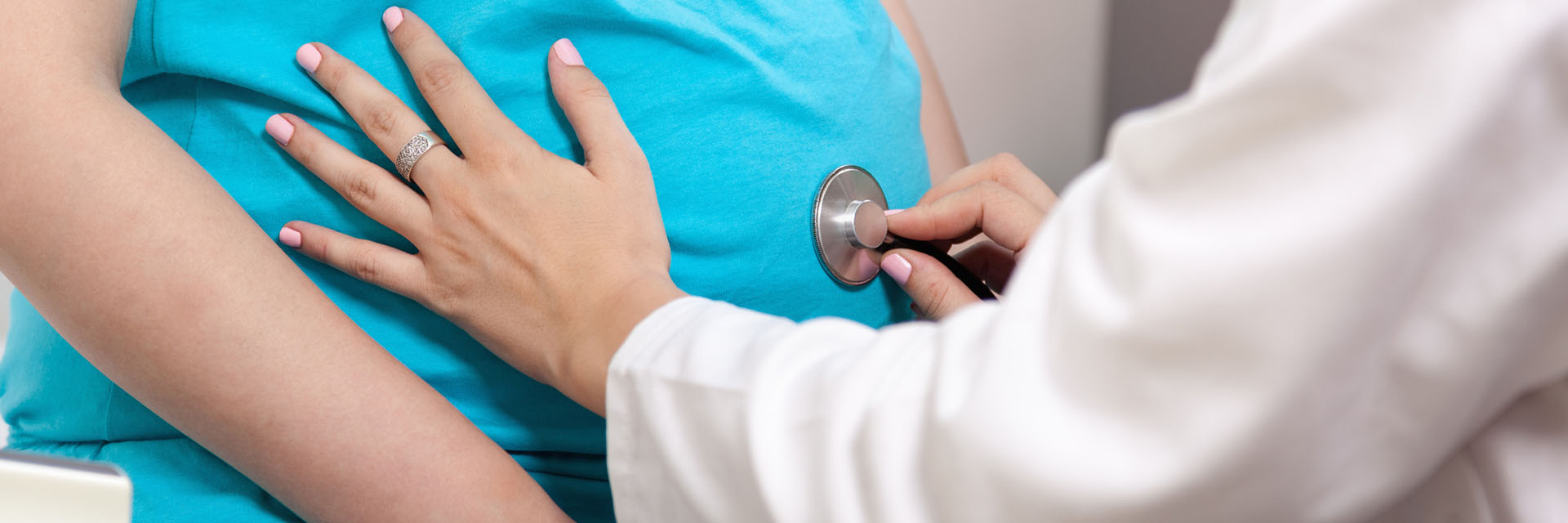There’s really no “best age” when it comes to getting pregnant or having a healthy pregnancy, but the chances of developing a high-risk pregnancy are impacted by how old you are.
It’s generally believed that women in their 20s have the best chances of getting pregnant and having a complication-free pregnancy.
Pregnant teens are at higher risk for preterm delivery and low-birthweight babies, though these conditions can be monitored and controlled.
Women who become pregnant after the age of 35 have a higher risk of pregnancy complications including: low birth weight, elevated risk of birth defects and getting pregnant with multiples.
If you’re over age 35, your doctor or midwife might recommend prenatal tests that can rule out birth defects. Following these guidelines can also help you minimize potential complications:
- Getting a preconception check-up to make sure you’re in good shape before you’re pregnant
- Taking a multivitamin with 400 mcg of folate every day--take folic acid before and during pregnancy can prevent certain birth defects
- Talking to your doctor about any pre-existing medical conditions, medicines you take, and family history
See also ...
• 14 things couples should do before getting pregnant
• Steps to take before you get pregnant
This message is not intended to provide individual medical advice. Always seek the advice of a physician or qualified healthcare provider for any questions you have about your health or medical condition, your breastfeeding issues and your infant's health. Never disregard, avoid or delay contacting a doctor or other qualified professional because of something you have read in our emails, webpages or other electronic communications.
Powered by UbiCare

